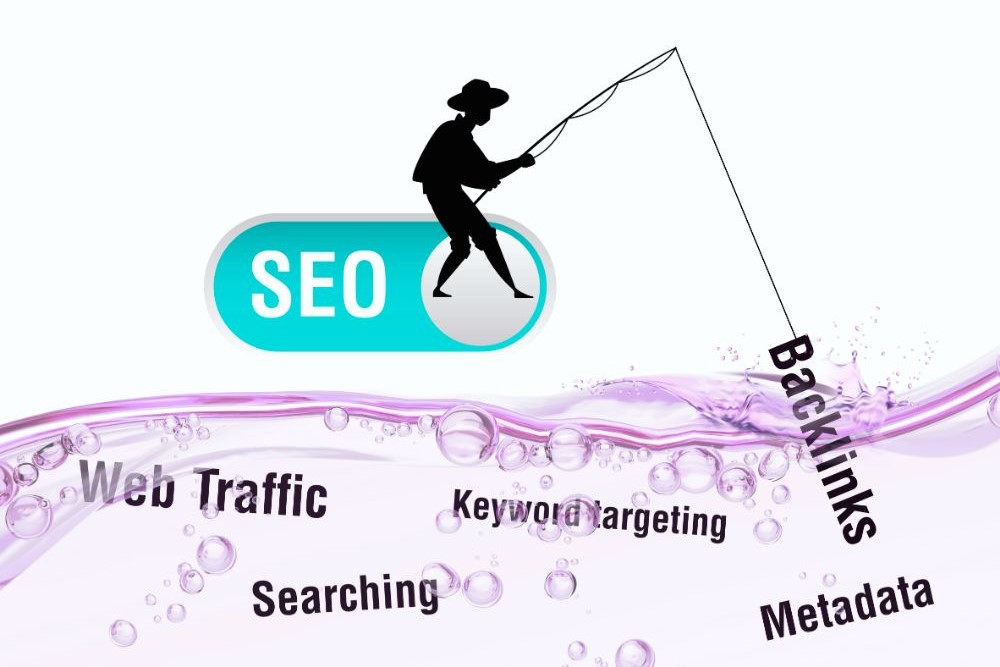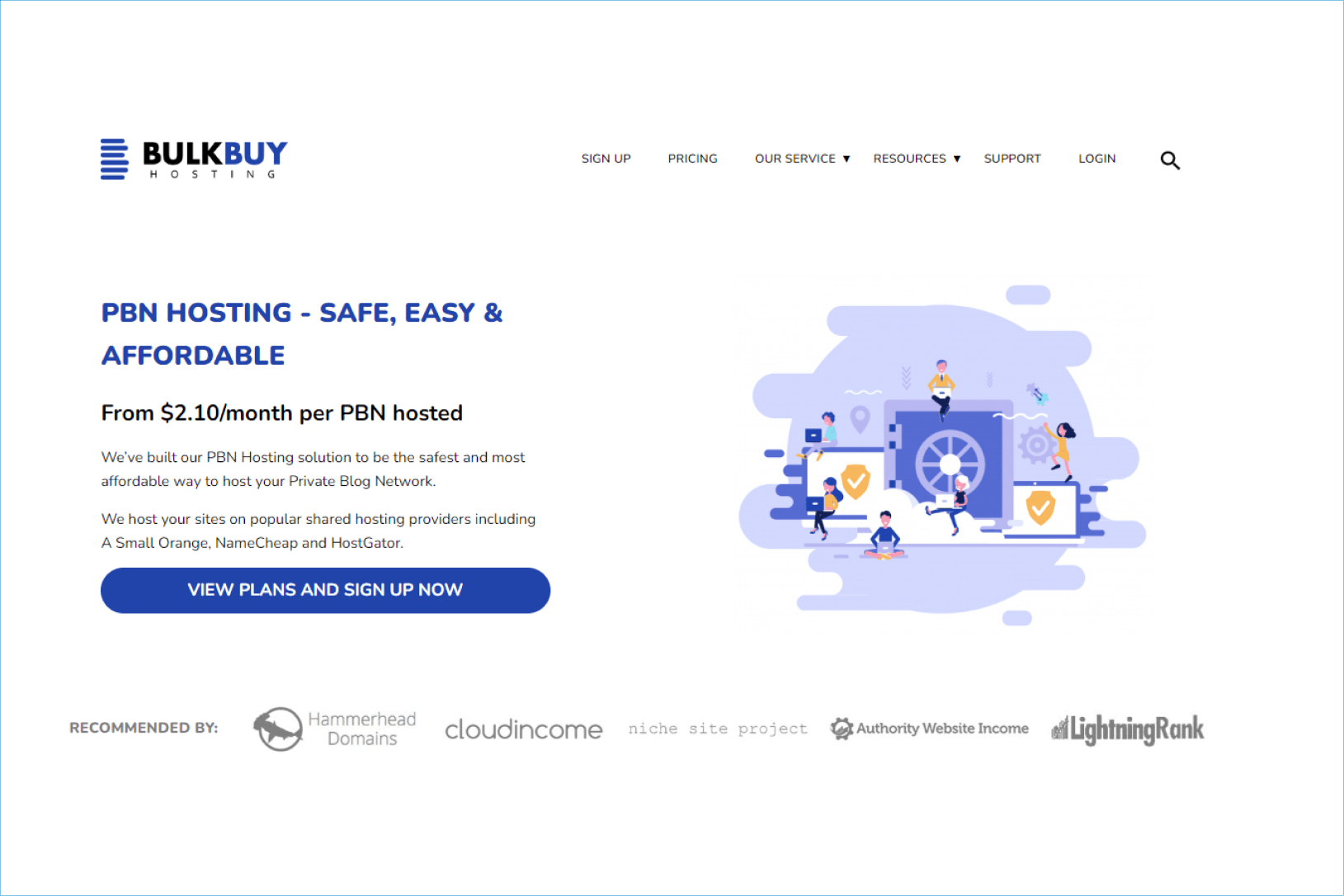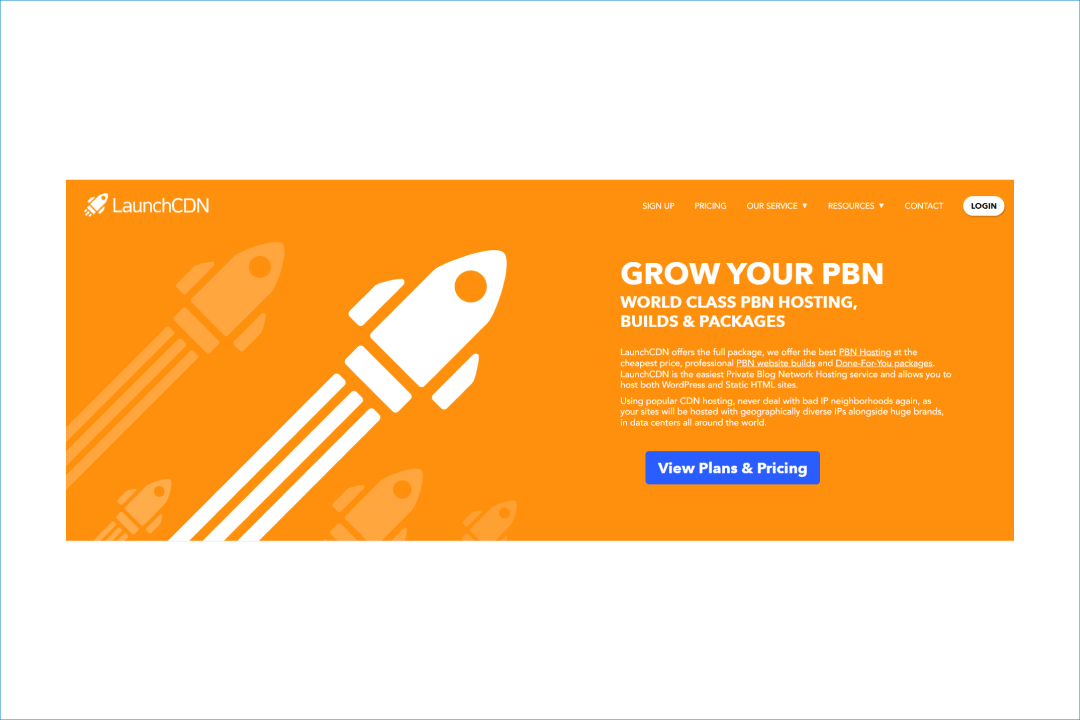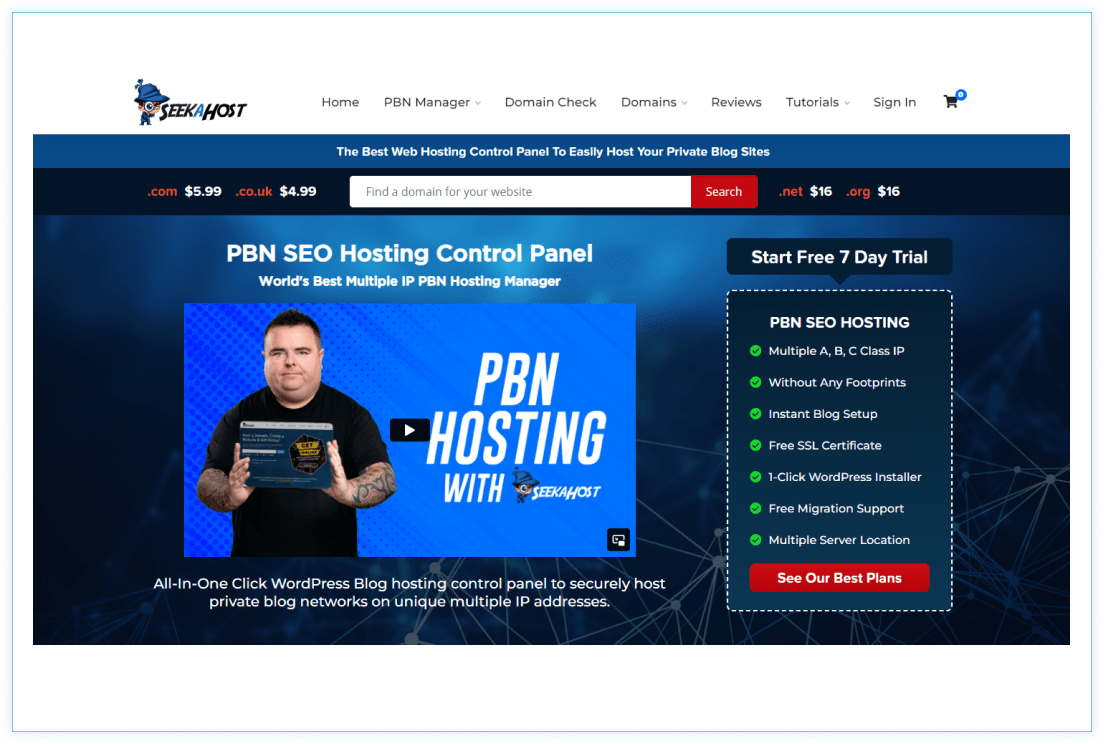
When you hear about an SEO score, it might seem like a simple number, but there’s more to it than meets the eye. Understanding how this score is calculated and what factors influence it can significantly impact your website’s visibility online.
By unraveling the mysteries behind an SEO score, you can unlock the secrets to climbing the ranks on search engine result pages and reaching a wider audience.
Stay tuned to discover the key elements that shape your SEO score and how you can harness them to your advantage.
Key Takeaways
- An SEO score is a metric that assesses a website’s overall technical SEO health and indicates how well it can perform in organic search engine results.
- Multiple factors like on-page optimization, technical SEO, content quality, backlinks, user experience, security, local SEO, social signals, and algorithm updates affect your SEO score, shaping your website’s visibility and rankings in search results.
- You can check your SEO score using online tools like Moz, SEMrush, or Ahrefs, which offer insights for improving your website’s search engine visibility and performance.
- To improve your SEO score, optimize your website’s content, technical aspects, and user experience while building quality backlinks and staying updated on algorithm changes.
SEO score definition
An SEO score is a valuable metric that measures your website’s optimization for search engines. This score evaluates numerous factors, including keyword usage, backlinks, and technical health, among others. These elements contribute to your website’s ranking in organic search results.
A higher SEO score suggests a higher level of optimization, which can increase website traffic and online visibility.
To improve your SEO score, it’s necessary to refine various aspects of your website to align with search engine algorithms. This could potentially enhance your site’s performance in organic searches.
A focus on improving your SEO score can bolster your website’s competitiveness and may lead to increased visitor numbers due to improved search engine visibility.
How to Check Your SEO Score?
To evaluate your website’s SEO performance, you can use specialized tools such as Moz, SEMrush, or Ahrefs. These tools will provide a SEO score that’s based on a variety of factors, such as technical aspects, content quality, user experience, and mobile compatibility.
They examine your on-page SEO, the quantity and quality of your backlinks, the speed of your site, and its mobile-friendliness to give a detailed assessment.
Regularly checking your SEO score allows you to understand your website’s strengths and areas that require improvement. This can help enhance your website’s visibility and user experience.
It’s important to consistently monitor and work on improving your SEO score as it plays a significant role in optimizing your site for search engines, increasing organic traffic, and improving your rankings in search results.
What Impacts Your SEO Score?
Several key factors impact your SEO score.
- On-Page Optimization: This includes factors like using relevant keywords in titles, headings, and content, optimizing meta tags (title tags, meta descriptions), maintaining a proper URL structure, and ensuring content quality and relevance. You can learn more here: https://quirk.biz/what-is-on-page-seo-the-beginners-guide/
- Technical SEO: Technical aspects such as website speed, mobile-friendliness, site architecture, crawlability, indexability, structured data markup (schema), XML sitemaps, and HTTPS encryption can significantly affect your SEO score.
- Content Quality and Relevance: High-quality, relevant, and engaging content that meets the needs of your target audience is essential for a good SEO score. This includes regular updates, avoiding duplicate content, and providing valuable information that encourages user engagement.
- Backlink Profile: The quality and quantity of backlinks pointing to your website play a crucial role in determining your SEO score. High-quality backlinks from authoritative and relevant websites can boost your score, while spammy or low-quality backlinks can have a negative impact. Learn more here.
- User Experience (UX): Factors such as website usability, navigation, layout, readability, and mobile responsiveness contribute to a positive user experience. Search engines prioritize websites that provide a seamless and intuitive experience for visitors. Find more about how UX impacts SEO in this article.
- Site Security: Ensuring your website is secure and protected from malware or hacking attempts is important for SEO. Websites with HTTPS encryption and proper security measures tend to rank higher in search results.
- Local SEO Factors: For businesses targeting local customers, factors such as Google My Business optimization, local citations, NAP consistency (Name, Address, Phone number), and customer reviews can influence local search rankings and SEO score.
- Social Signals: While not a direct ranking factor, social signals (e.g., shares, likes, comments) can indirectly impact your SEO score by increasing brand visibility, driving traffic to your website, and enhancing your overall online presence.
- Site Authority and Trustworthiness: Factors such as domain age, domain authority, trustworthiness, and reputation influence your website’s overall authority in the eyes of search engines, which can impact your SEO score.
- Algorithm Updates: Search engine algorithms are constantly evolving, and updates can impact your SEO score. Staying informed about algorithm changes and adapting your SEO strategies accordingly is crucial for maintaining and improving your score over time.
How to Improve Your SEO Score?
Improving your SEO score involves implementing various strategies to optimize your website for search engines. Here are some effective ways to enhance your SEO score:
Optimize On-Page Elements
Ensure that your website’s titles, meta descriptions, headings, and content are optimized with relevant keywords. Use keyword-rich URLs and include keywords naturally throughout your content.
Improve Website Speed
Optimize your website’s loading speed by minimizing server response time, compressing images, enabling browser caching, and reducing unnecessary scripts and plugins.
Enhance User Experience (UX)
Improve website navigation, layout, and design to provide a seamless and intuitive user experience. Make sure your website is mobile-friendly and responsive across all devices.
Create High-Quality Content
Develop high-quality, informative, and engaging content that addresses the needs and interests of your target audience. Regularly update your content and avoid duplicate or thin content.
Optimize for Local SEO
If your business targets local customers, optimize your website for local search by claiming and optimizing your Google My Business listing, obtaining local citations, and encouraging customer reviews.
Build Quality Backlinks
Earn high-quality backlinks from authoritative and relevant websites to improve your website’s authority and credibility in the eyes of search engines. Focus on natural link-building tactics such as guest blogging, influencer outreach, and content promotion.
Optimize for Technical SEO
Address technical issues such as crawlability, indexability, site structure, schema markup, XML sitemaps, and HTTPS encryption to ensure that search engines can crawl and index your website effectively.
Monitor and Analyze Performance
Regularly monitor your website’s performance using tools like Google Analytics and Google Search Console. Track key metrics such as organic traffic, keyword rankings, and conversion rates to identify areas for improvement.
Stay Updated on Algorithm Changes
Keep abreast of search engine algorithm updates and industry trends to adapt your SEO strategies accordingly. Stay informed about best practices and changes in search engine guidelines to maintain and improve your SEO score.
Focus on User Intent
Prioritize optimizing your website and content for user intent rather than just keywords. Understand the needs and motivations of your target audience and provide valuable solutions and information that meet their requirements.
Conclusion
Now that you understand what an SEO score is and how it can impact your website’s visibility, it’s important to regularly monitor and improve it.
By focusing on factors like keyword usage, backlinks, and overall website performance, you can work towards increasing your SEO score and attracting more organic traffic.
Remember, a higher SEO score means better optimization and higher chances of ranking well in search engine results.
Keep optimizing and watch your online presence grow!















































































